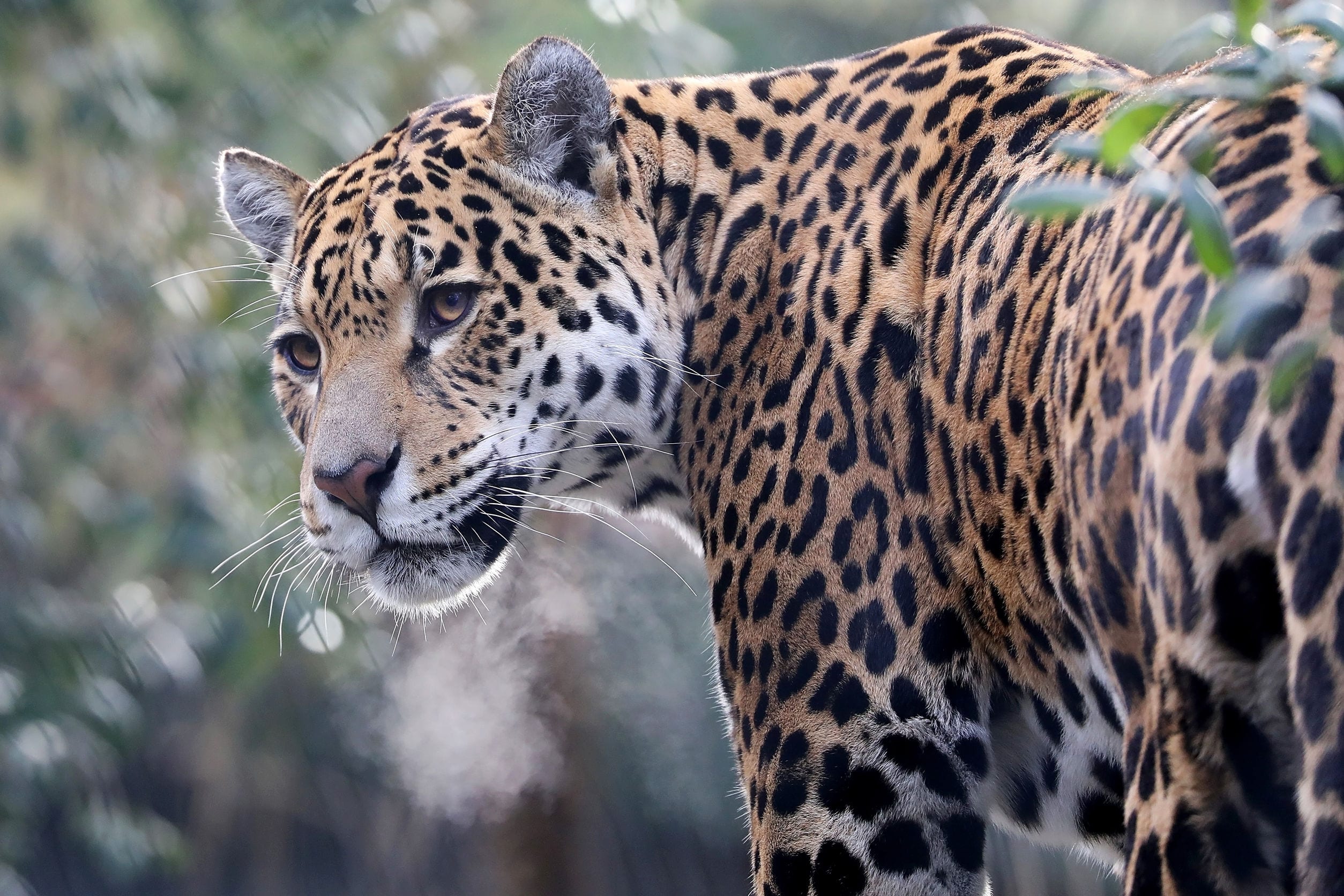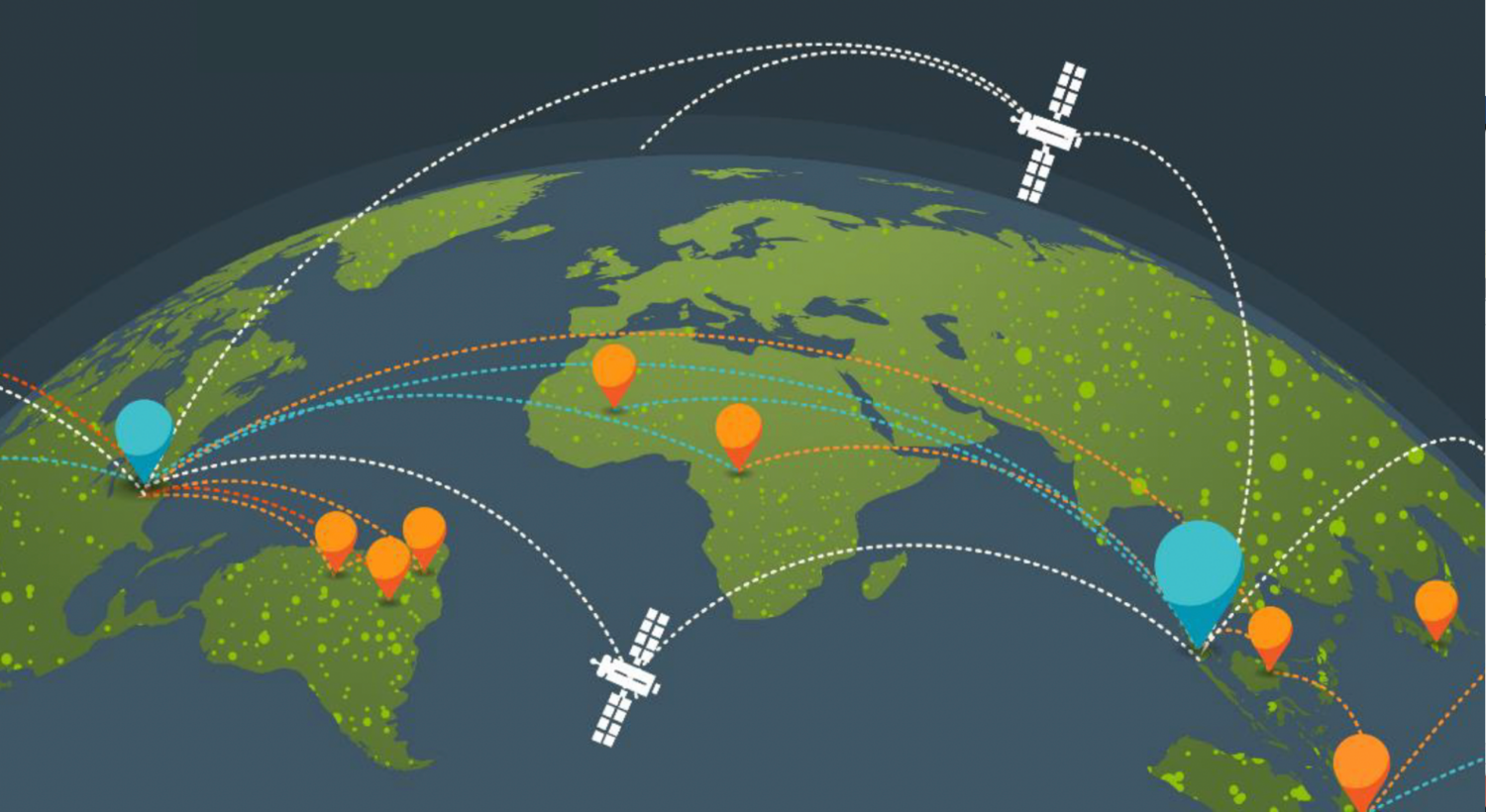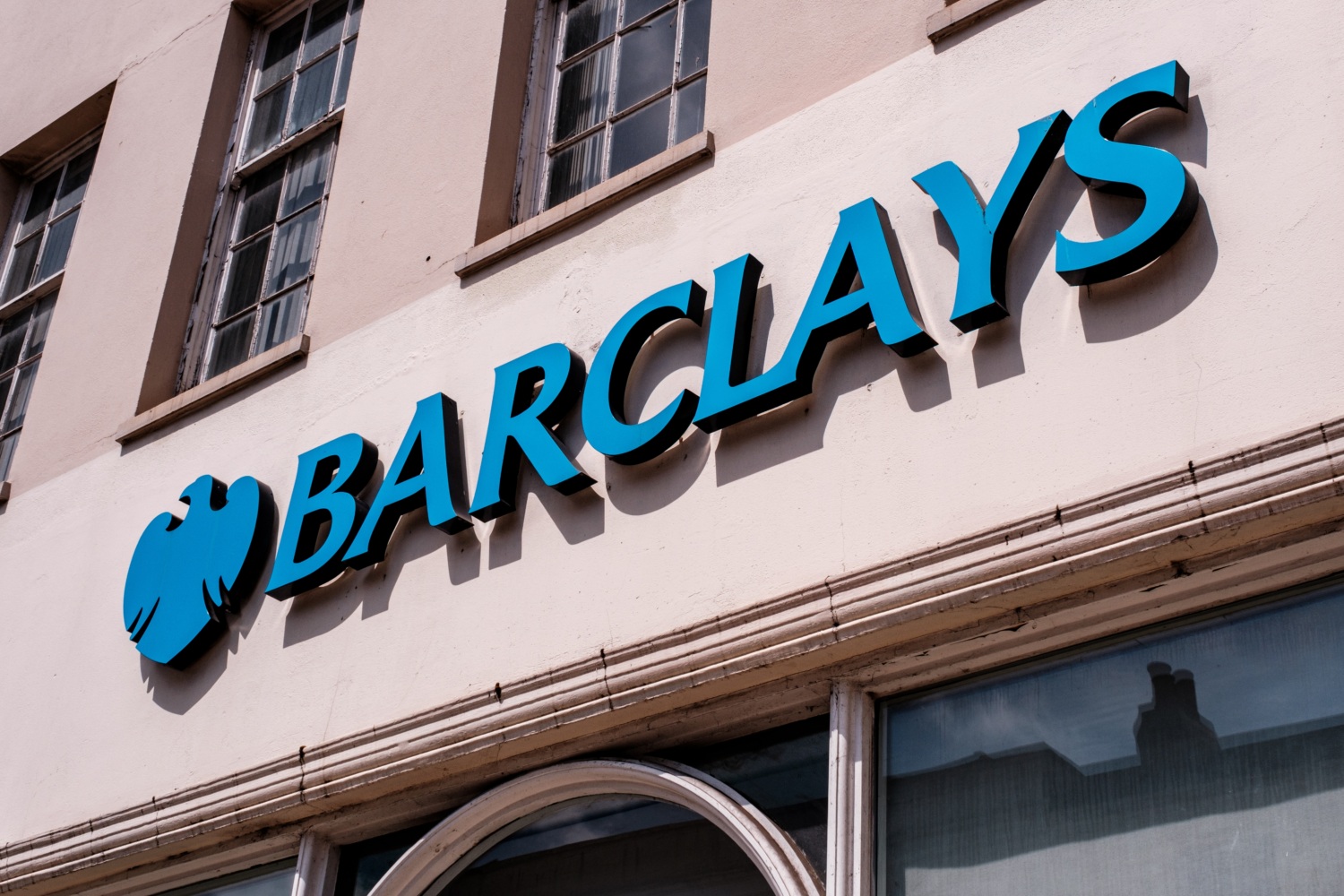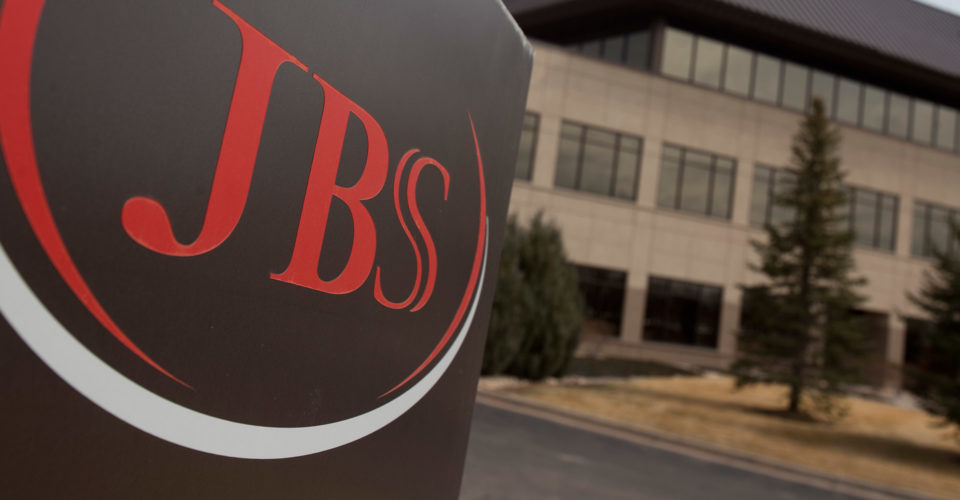
Breaking: Soy Giant Louis Dreyfus Announces Zero Deforestation Policy, Throwing Down Gauntlet to Competitors
Today, Louis Dreyfus Company, one of the world’s Big 4 commodity traders, became the first large soy company to announce a specific, credible, detailed policy to eliminate destruction of native ecosystems and endangered wildlife from its soy supply chain, and uphold the rights of local and indigenous communities in the areas in which it operates. This policy sets Louis Dreyfus as a leader in the soy industry in terms of moving towards the deforestation-free soy supply chain that the market is demanding.
“As a leader in agribusiness, LDC has a key role to play in addressing this challenge,” said Gonzalo Ramírez Martiarena, Chief Executive Officer at LDC said in a statement.
Mighty Earth, which has worked with coalition partners like Rainforest Foundation Norway, Fern, ActionAid, published a series of exposés about large scale deforestation connected to soy traders that makes its way into global meat supply chains, hailed the move.
“This is a breakthrough from one of the world’s largest traders with huge significance to the global meat industry,” said Mighty Earth CEO Glenn Hurowitz. “There’s now no reason for McDonald’s and other companies to continue doing business with deforesters like Cargill and Bunge.”
Also today, UK supermarket chain Tesco also announced a deforestation-free policy for its soy, showing that demand for responsible soy is growing across the supply chain.
“While Tesco’s policy lacks meaningful timelines, we are encouraged that the company has committed to rapidly investigate and take action on its supply chain in response to the Brazilian government’s large fines for Cargill and Bunge for illegal destruction of native vegetation,” Hurowitz said. “We hope today’s announcement by Louis Dreyfus convinces Tesco and others they can move much faster.”
Louis Dreyfus’ policy applies to all of its soy supply chains in South America. This commitment shows that it is possible to expand agriculture on Latin America’s existing one billion-plus acres of already degraded land, instead of clearing intact native vegetation for soy.
“Louis Dreyfus is committing to and has already made progress on providing a verified large scale source of deforestation-free soy for the world,” Hurowitz said. “LDC has shown today that it is possible to source deforestation-free soy on a large scale. We call on the entire meat supply chain to immediately shift their sourcing to responsible suppliers like Louis Dreyfus.”
In its statement, Louis Dreyfus emphasized the importance of other companies also acting to protect native ecosystems.
“We really believe that working together towards [these] goals is most important. Because just as we all face the same challenges, we can only address them if we work together,” said Ramírez Martiarena.
“We’re thrilled that this new policy has been developed by the CEO, board, and key stakeholders throughout the company,” Hurowitz said. “This is the kind of high-level decision making that has been lacking among Louis Dreyfus’ competitors, and is one reason companies like Cargill and Bunge continue to run into huge deforestation and illegality issues that embarrass their customers. Ultimately, we hope that Louis Dreyfus’ action is a wake-up call for its competitors that they need to move rapidly to set up industry-wide action to eliminate destruction of native vegetation”
“Louis Dreyfus has made enormous progress in ensuring their supply chain is free of deforestation, but there’s more to do, and they recognize that,” said Hurowitz. “As next steps, the company should list its soy suppliers online, as is already common practice in the palm oil industry, report on their performance, and develop a clear timeline for implementation.”


